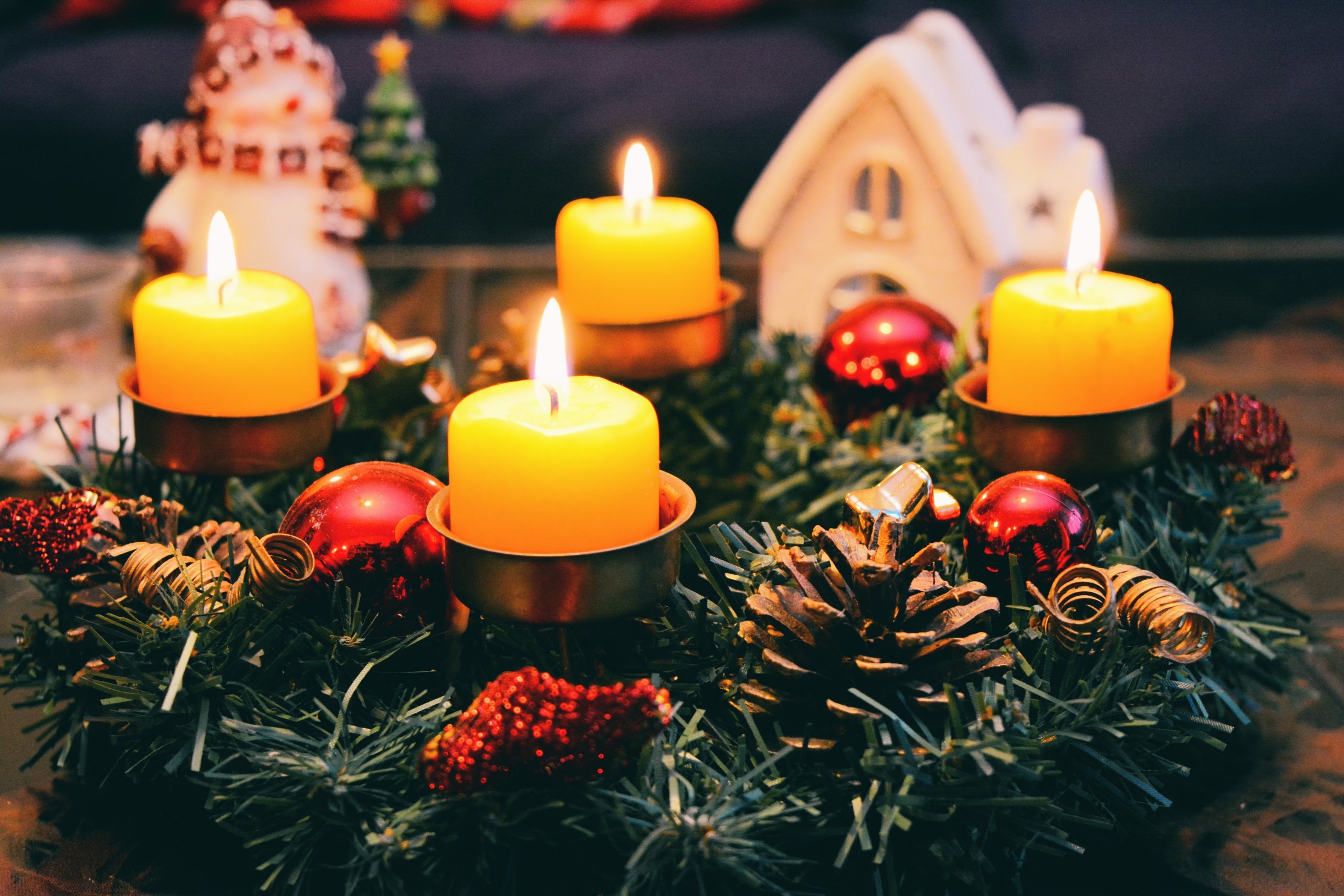It’s the holiday season! This is a time for holiday traditions, making memories with friends and family, and spreading holiday cheer. Last time we discussed safety around holiday lights and decorations, Christmas trees, and the fireplace. Stay safe during the holidays with these additional fire safety tips.
Candles
Did you know that more than one-third of home decoration fires are started by candles? In fact, the top three days that home candle fires occur are Christmas, New Year’s Eve, and New Year’s Day.
Here is how you can practice safety with candles in your home:
- Never leave a burning candle unattended.
- Place candles on a non-flammable surface with a tray to catch melting candle wax.
- Consider using battery-operated flameless candles.
- Keep candles at least twelve inches away from anything that is flammable, especially curtains and holiday decorations.
Cooking
When cooking or baking this holiday season, reduce your risk of fire by staying near your pans at all times. If you do need to walk away while cooking on a stovetop, turn off the burner, especially if cooking at high temperatures. Additionally, keep children and flammable items such as grocery bags and kitchen towels away from the stove and oven.
Grease Fires
Grease fires occur when oil, grease, or fat gets hot enough to ignite. This can happen on the stovetop, in the oven, or in a fryer. To avoid grease fires, clean up grease spills as you go. If a grease fire does occur, turn off the stove or oven then cover the pot, pan, or fryer with a lid. NEVER use water to put out a grease fire – this can make it worse. Instead, douse the fire with baking soda, salt, or a fire extinguisher.
Fireworks
Fireworks are a fun and beautiful tradition during New Year celebrations. However, even during the rainy winter months, there is a risk of fire. If your area is experiencing a drought, skip the fireworks! Stray sparks can lead to wildfires.
If you do choose to celebrate with fireworks, always set them off away from trees and buildings. Keep spectators and yourself at a safe distance, including children and pets. Finally, keep water and a fire extinguisher on hand in case a fire does occur.
Additional Resources
If you missed Part 1 of these safety tips, you can read it here. To learn more about holiday fire safety, check out USFA or Red Cross for more information.
If you have been affected by a fire or natural disaster in Oregon or Washington or if you would like to learn more about how we can help, reach out to us today.


